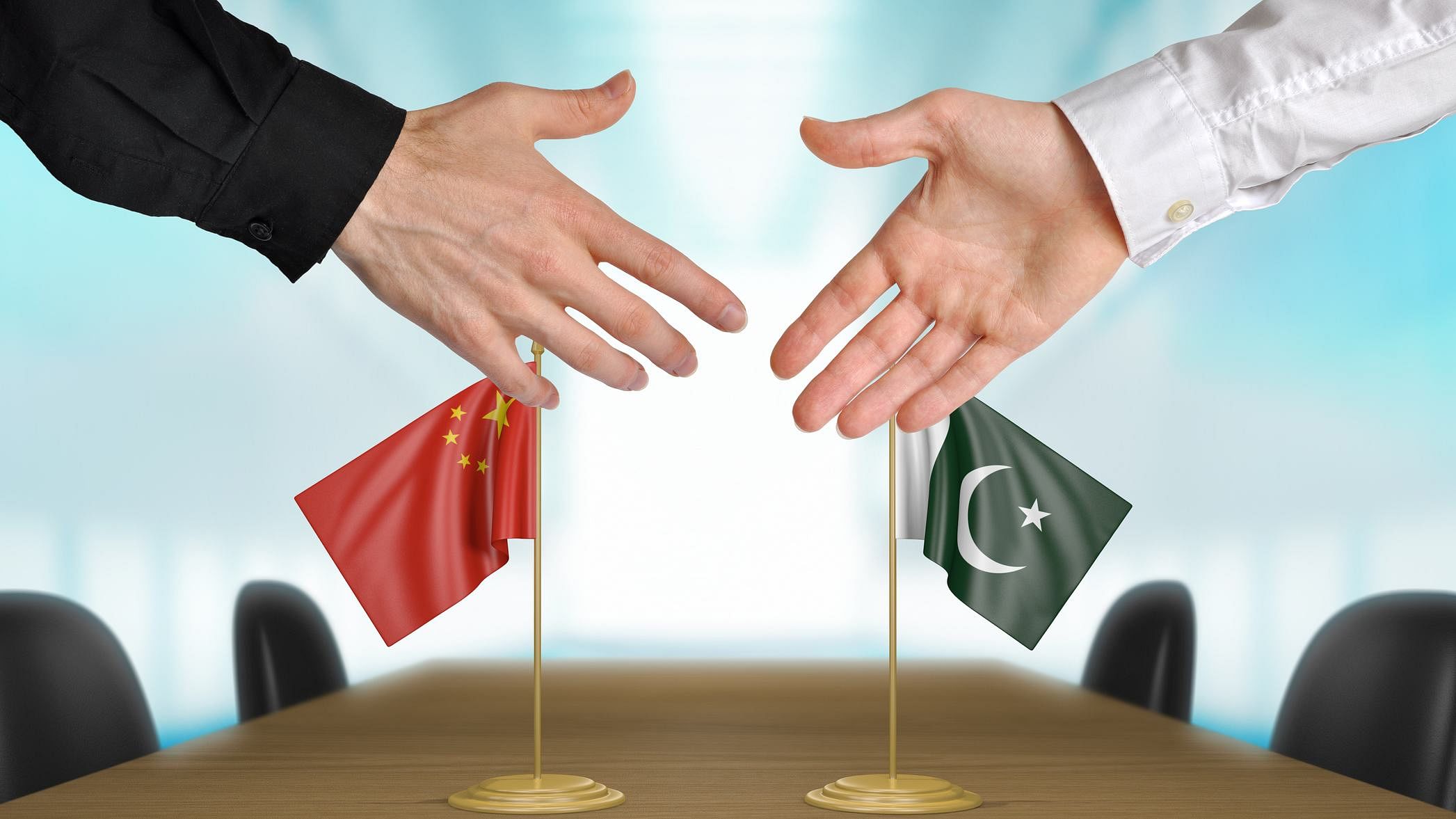
On March 3, Pakistan announced that it had successfully managed to secure an addition $1.3 billion loan from China (in addition to $700 million from the China Development Bank in February), making it one of the major developments in South Asian politics.
For the past few months Islamabad was struggling financially and was waiting for the international lending bodies such as the International Monitory Fund (IMF) to help it out. However, because of the delay, Pakistan’s all-weather friend came to its rescue.
But is this a case of just a friend in need helping, or will it have a cost attached to it. China also owns around 30 percent of Pakistan’s external debt, and is its largest creditor. Pakistan’s situation was getting critical as by February it was left with just three weeks’ worth of forex reserves.
China has been one of the major investors and lenders for the smaller South Asian countries, such as Maldives, Sri Lanka, and Nepal. Since the launch of the grand Belt and Road Initiative (BRI) in 2013, Beijing has been proactive in looking for new partners and areas to invest in. Most of the countries in South Asia are participating in the BRI, and have thus developed close economic interdependence with China. However, the loans which China extends have never been very benign in nature and have been accompanied by major geopolitical leverage. The most recent and prominent example of this leverage being Sri Lanka and the outcome of the Hambantota Port which is leased to China for a period of 99 years and 70 percent stakes, in 2017. The lease has a clause which calls for an extension by another 99 years if the loans are not paid. The lease provides Beijing with access and foothold in South Asia, and a docking space for its submarines and warships.
Chinese loans have always been high on interest. The Chinese loans are extended at 4 percent interest rates, which is almost four times higher than other international lending bodies. Thus, making it difficult for the countries to continue repayment. However, the question which is more problematic is why smaller nations continue to look at Beijing as an option. The challenges of repayment and defaults are known and obvious. China is one of the major investors in many projects across South Asia.
Today, South Asia is an important strategic space for Beijing. China is keen to put forth its stronghold in the region, and in the process, it will be countering the Indian and the American influence too. China has been ready to help the smaller nations which tend to fail to meet the demands and directions of the IMF and other international lending bodies. China has been proactive in extending loans without any clauses or questions thus making them attractive lenders for the smaller nations.
However, Beijing does demand its pound of flesh; always after the loan is granted and the countries have defaulted. With more countries leaning towards China, the economic balance of influence in South Asia will and is tilting towards the east away from India and the Western lending institutions.
This will continue to be the case as there is no major alternative for the smaller countries of South Asia. New Delhi, though one the largest economies and democracies in the region, cannot counter Beijing’s influence, and provide an alternative loan-on-loan. India does not have access to resources as China has, and its domestic demands and development needs makes it difficult for New Delhi.
With Pakistan further sliding into China’s clutches, the power balance in South Asia could alter. Beijing has always used its influence over Islamabad to extract leverage from New Delhi. This recent loan could have an adverse impact on the unresolved India-China border as the unresolved Kashmir issues plays a crucial part. China will use its leverage to position itself strategically in the Pakistan occupied Kashmir.
Beijing will enjoy unparallel influence within Pakistan, and gain a major geopolitical advantage which will affect India directly. With more leverage, Beijing will use Pakistan to counter India’s influence in the South Asian region, and derail New Delhi’s attempts to mend ties with Islamabad. A geopolitically-unsettled India is advantageous for Beijing, and this loan is an essential move in that direction.
(Gunjan Singh is Assistant Professor, OP Jindal Global University.)
Disclaimer: The views expressed above are the author's own. They do not necessarily reflect the views of DH.